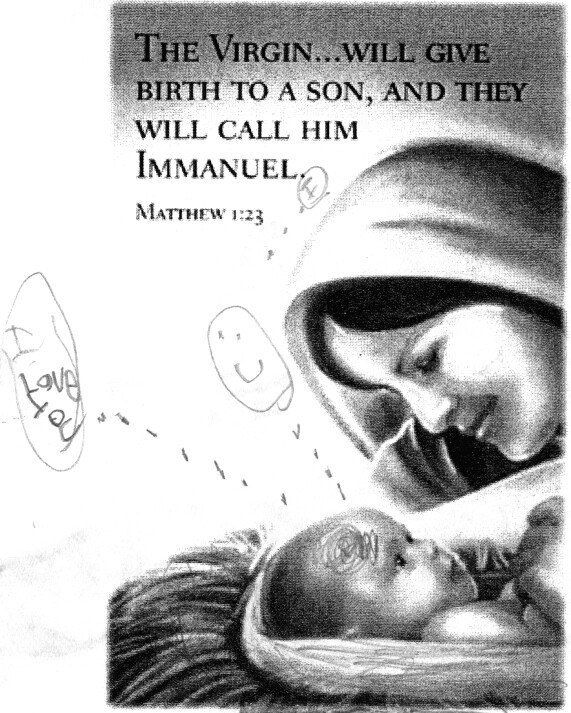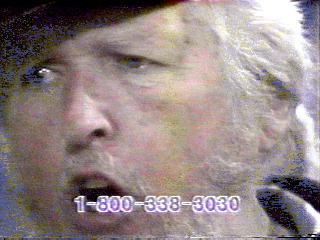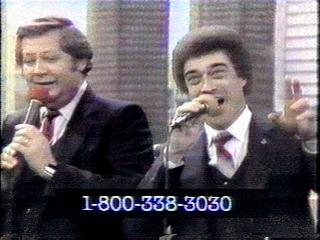With everyone else exhausted and in bed, and me exhausted but not yet in bed, as I cleared away some dirty dishes, I treated myself to the Christmas Festival of Nine Lessons and Carols from King's College Cambridge. The service, held annually (with a few war time exceptions) on Christmas eve since 1917, is a gift from the college to the City of Cambridge. The nine lessons are nine readings from the Bible which set the incarnation in the context of redemptive history, beginning with the fall of man in Genesis 3, the promises made to Abraham, the prophecies of Isaiah, the nativity narratives from Matthew and Luke, and concluding with the first chapter of the Gospel according to John, about the mystery of the incarnation. Interspersed are Christmas hymns, carols, and anthems, mostly traditional, some new but composed after the traditional style.
For many years, Holland Hall School held such a service at Trinity Episcopal Church downtown. As a student I was required to attend the service, grudgingly the first time, but gladly thereafter, and as a member of the Concert Chorus and Madrigal Singers I performed at two services.
As far as I can determine, the tradition was introduced to Tulsa by Father Ralph Urmson-Taylor, a Lancashire-born Anglican priest who came from Yorkshire to Tulsa in 1962 to be a chaplain at Holland Hall. I first encountered Father Taylor when I came to Holland Hall as a third grader, in 1971. For chapel, Father Taylor read to us from The Lion, the Witch, and the Wardrobe, and planted in my heart the seed of an openness to hear more of what C. S. Lewis had to say, a seed that bore fruit eight or nine years later, when I casually pulled The Abolition of Man down from a B. Dalton bookshelf.
(Fr. Taylor is also responsible for bringing another English seasonal tradition to Tulsa -- Trinity's annual Epiphany Procession, patterned after the annual service at York Minster. God willing, I'll be one of the singers at this year's service, January 2nd, at 5 p.m., at 5th & Cincinnati in downtown Tulsa.)
At the beginning of the service, after the processional, Father Taylor would read the bidding prayer. Confessing Evangelical has it as I remember it:
Beloved in Christ, be it this Christmastide our care and delight to hear again the message of the angels, and in heart and mind to go even unto Bethlehem and see this thing which is come to pass, and the Babe lying in a manger.
Therefore let us read and mark in Holy Scripture the tale of the loving purposes of God from the first days of our disobedience unto the glorious Redemption brought us by this Holy Child.
But first, let us pray for the needs of the whole world; for peace on earth and goodwill among all his people; for unity and brotherhood within the Church he came to build, and especially in this our diocese.
And because this of all things would rejoice his heart, let us remember, in his name, the poor and helpless, the cold, the hungry, and the oppressed; the sick and them that mourn, the lonely and the unloved, the aged and the little children; all those who know not the Lord Jesus, or who love him not, or who by sin have grieved his heart of love.
Lastly, let us remember before God all those who rejoice with us, but upon another shore, and in a greater light, that multitude which no man can number, whose hope was in the Word made flesh, and with whom in the Lord Jesus we are one forevermore.
These prayers and praises let us humbly offer up to the Throne of Heaven, in the words which Christ himself hath taught us: Our Father, which art in heaven...
That's a beautiful prayer, and I get goosebumps thinking about that next to last paragraph, and think of people like my Uncle Bud Hunt, who passed away earlier this fall -- a man with zeal for God's Word, for God's spirit, and a love for his fellow man that compelled him to proclaim the gospel to others -- now free from pain and delighting in the presence of the Savior he loved so dearly in this life. I think of the last verses of the Epiphany hymn, "As with Gladness, Men of Old":
Holy Jesus, every day
Keep us in the narrow way;
And, when earthly things are past,
Bring our ransomed souls at last
Where they need no star to guide,
Where no clouds Thy glory hide.
In the heavenly country bright,
Need they no created light;
Thou its Light, its Joy, its Crown,
Thou its Sun which goes not down;
There forever may we sing
Alleluias to our King!
The King's College version of the bidding prayer is a bit different, as one would expect, with references to Mary, the patron saint of the chapel, to the college and city, and to the Monarch. As I listened, I noticed a difference that can't be attributed to differences in local conditions. Dealing with politics as I do, I tune in to what is said and what is carefully left unsaid. There's a difference in the fourth paragraph above. Here's the current Cambridge version:
And let us at this time remember in his name the poor and the helpless, the cold, the hungry and the oppressed; the sick in body and in mind and them that mourn; the lonely and the unloved; the aged and the little children; and all who know not the loving kindness of God.
What's missing? First, the phrase, "because this of all things would rejoice his heart" -- the notion of being in the presence of Jesus, who would be pleased by our intercession for those in need. Second, the final phrase, "all those who know not the Lord Jesus, or who love him not, or who by sin have grieved his heart of love," becomes "all who know not the loving kindness of God." Here again we have language that speaks of the Lord Jesus as one whom we owe love, one whom we may know, and one whose heart is grieved by sin. The language of the traditional prayer reminds the hearer that Jesus is not just a babe in a manger 2000 years ago, not an ancient, long-dead moral teacher, but our living Lord, to whom we owe allegiance and honor. And for what greater need can we intercede, than the need for all mankind to know, love, and obey Jesus?






